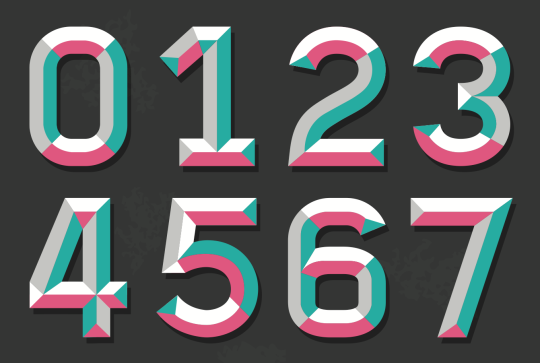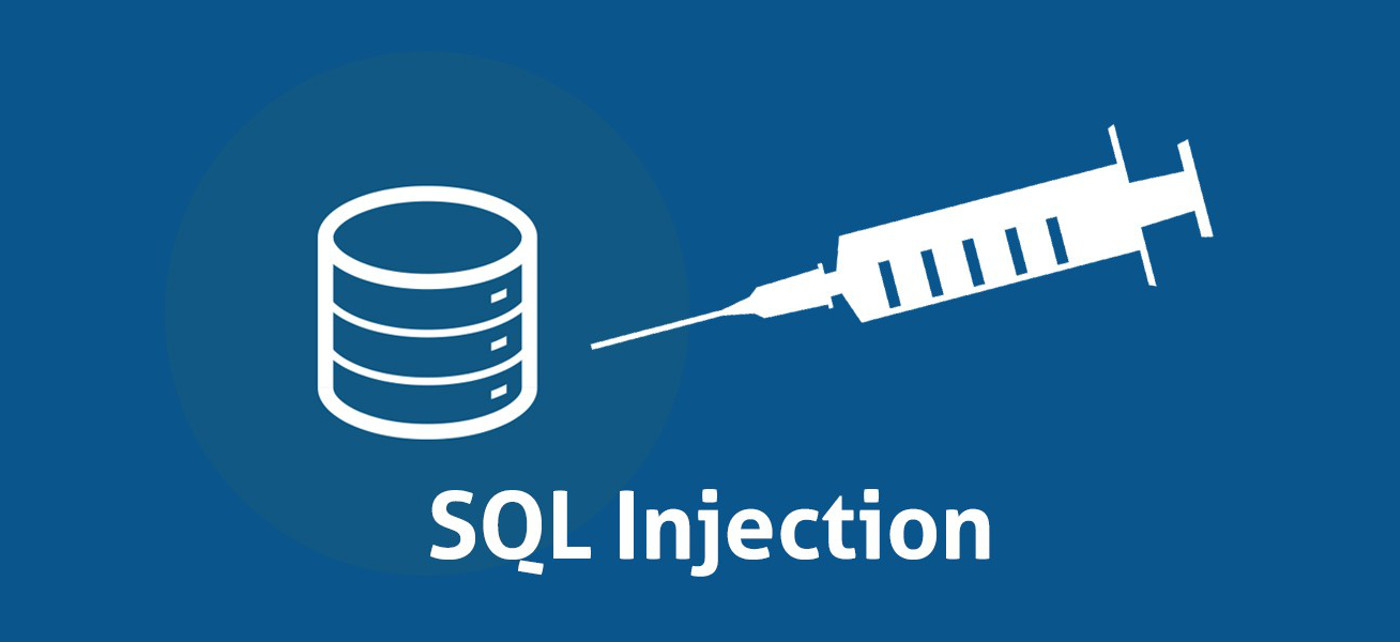On the heels of the launch of PHP 7, I thought it would be interesting to see the evolution of PHP. The focus here is mostly on the evolution of PHP starting with PHP 5.0 which was released almost a decade ago. Objects were introduced in Version 4, but PHP didn’t really become a more modern object oriented language until version 5. It’s when the language really started to grow up.
Let’s take a look at what each version of 5 brought us.

PHP 5.0
Version 5 continues the move toward object oriented programming
New Features
- Zend Engine 2, which greatly improved PHP’s performance
- MySQLi, or improved MySQL, was introduced
- SQLite is now built into PHP
For more information check out, http://php.net/manual/en/migration5.incompatible.php
PHP 5.1
New Features and Improvements
- Support for custom autoloading was eventually a game changer for PHP framework creators
- spl_autoload_register in PHP 5.1.2
- A complete rewrite of date handling code, with improved timezone support.
- Significant performance improvements compared to PHP 5.0.X.
- PDO extension is now enabled by default.
- Over 30 new functions in various extensions and built-in functionality.
- Over 400 various bug fixes
For more information check out, http://php.net/manual/en/migration51.changes.php
PHP 5.2
New Features
- Improved memory manager and increased default memory limit. The new memory manager allocates less memory and works faster than the previous incarnation.
- New Extensions (The following are new extensions added (by default) as of PHP 5.2.0)
- Filter – validates and filters data, and is designed for use with insecure data such as user input. This extension is enabled by default; the default mode RAW does not impact input data in any way.
- JSON – implements the JavaScript Object Notation (JSON) data interchange format. This extension is enabled by default.
- Zip – enables you to transparently read or write ZIP compressed archives and the files inside them.
PHP 5.3
One of the most important updates to PHP that I can think of. Don’t be surprised if you come across a site that is still running version 5.3 (however this is not recommended 😉
New Features
- Support for namespaces has been added
- Support for Late Static Bindings has been added
- Support for jump labels (limited goto) has been added.
- Support for native Closures (Lambda/Anonymous functions) has been added.
- There are two new magic methods, __callStatic() and __invoke().
- Nowdoc syntax is now supported, similar to Heredoc syntax, but with single quotes.
- It is now possible to use Heredocs to initialize static variables and class properties/constants.
- Heredocs may now be declared using double quotes, complementing the Nowdoc syntax.
- Constants can now be declared outside a class using the const keyword.
- The ternary operator now has a shorthand form: ?:.
- The HTTP stream wrapper now considers all status codes from 200 to 399 to be successful.
- Dynamic access to static methods is now possible
For more information check out, http://php.net/manual/en/migration53.new-features.php
PHP 5.4
Traits and built in development web server are really cool. Although they have been here since 5.4 some folks are just now using them.
New Features
- Support for traits has been added.
- Short array syntax has been added, e.g. $a = [1, 2, 3, 4]; or $a = [‘one’ => 1, ‘two’ => 2, ‘three’ => 3, ‘four’ => 4];.
- Function array dereferencing has been added, e.g. foo()[0].
- Closures now support $this.
- <?= is now always available, regardless of the short_open_tag php.ini option.
- Class member access on instantiation has been added, e.g. (new Foo)->bar().
- Class::{expr}() syntax is now supported.
- Binary number format has been added, e.g. 0b001001101.
- Improved parse error messages and improved incompatible arguments warnings.
- The session extension can now track the upload progress of files.
- Built-in development web server in CLI mode.
the <?= tag has been a contentios item in some code bases, especially with larger teams, it’s great that it is always available now. It’s cleaner and easier to write than <?php echo
For more information check out, http://php.net/manual/en/migration54.new-features.php
The page on traits is worth a read too, http://php.net/manual/en/language.oop5.traits.php
PHP 5.5
New Features
- finally keyword added
- password_hash()
- foreach now supports list()
- empty() supports arbitrary expressions
- array and string literal dereferencing
- Generators added
For more information check out, http://php.net/manual/en/migration55.new-features.php
To learn more about Generators read, http://php.net/manual/en/language.generators.overview.php
PHP 5.6
New Features
- Constant expressions
- Variadic functions can now be implemented using the … operator, instead of relying on func_get_args().
- Arrays and Traversable objects can be unpacked into argument lists when calling functions by using the … operator. This is also known as the splat operator in other languages, including Ruby.
- A right associative ** operator has been added to support exponentiation, along with a **= shorthand assignment operator.
- use function and use const
- The use operator has been extended to support importing functions and constants in addition to classes. This is achieved via the use function and use const constructs, respectively.
- phpdbg – PHP now includes an interactive debugger called phpdbg implemented as a SAPI module.
- Default character encoding
- php://input is reusable
- Files larger than 2 gigabytes in size are now accepted.
- GMP supports operator overloading
- hash_equals() for timing attack safe string comparison
- The __debugInfo() magic method has been added to allow objects to change the properties and values that are shown when the object is output using var_dump().
- gost-crypto hash algorithm
- SSL/TLS improvements
- pgsql async support
For more information check out, http://php.net/manual/en/migration56.new-features.php
PHP 6?
PHP 6 was a false start and development was eventually abandoned in favor of V7. I never used it but from the sound of it I didn’t miss much.
If for some reason you are using PHP 6, upgrade to 7 ASAP!
PHP 7
As mentioned earlier, PHP 7 is huge step forward. Type declarations will make code less error prone and the the 2x speed improvement will speed up your site.
New Features
- Scalar type declarations
- Scalar type declarations come in two flavours: coercive (default) and strict. The following types for parameters can now be enforced (either coercively or strictly): strings (string), integers (int), floating-point numbers (float), and booleans (bool). They augment the other types introduced in PHP 5: class names, interfaces, array and callable.
- Return type declarations
- Null coalescing operator
- The null coalescing operator (??) has been added as syntactic sugar for the common case of needing to use a ternary in conjunction withisset(). It returns its first operand if it exists and is not NULL; otherwise it returns its second operand.
- Spaceship operator (<=>)
- Constant arrays using define()
- Anonymous classes
- Closure::call()
- Filtered unserialize()
- Expectations
- Group use declarations
- Generator Return Expressions
- Generator delegation
- Session options
- preg_replace_callback_array()
- CSPRNG Functions
- list() can always unpack objects implementing ArrayAccess
For more information check out, http://php.net/manual/en/migration70.new-features.php
Other useful PHP7 links
Bonus Points
Do you remember what PHP stood for originally?
